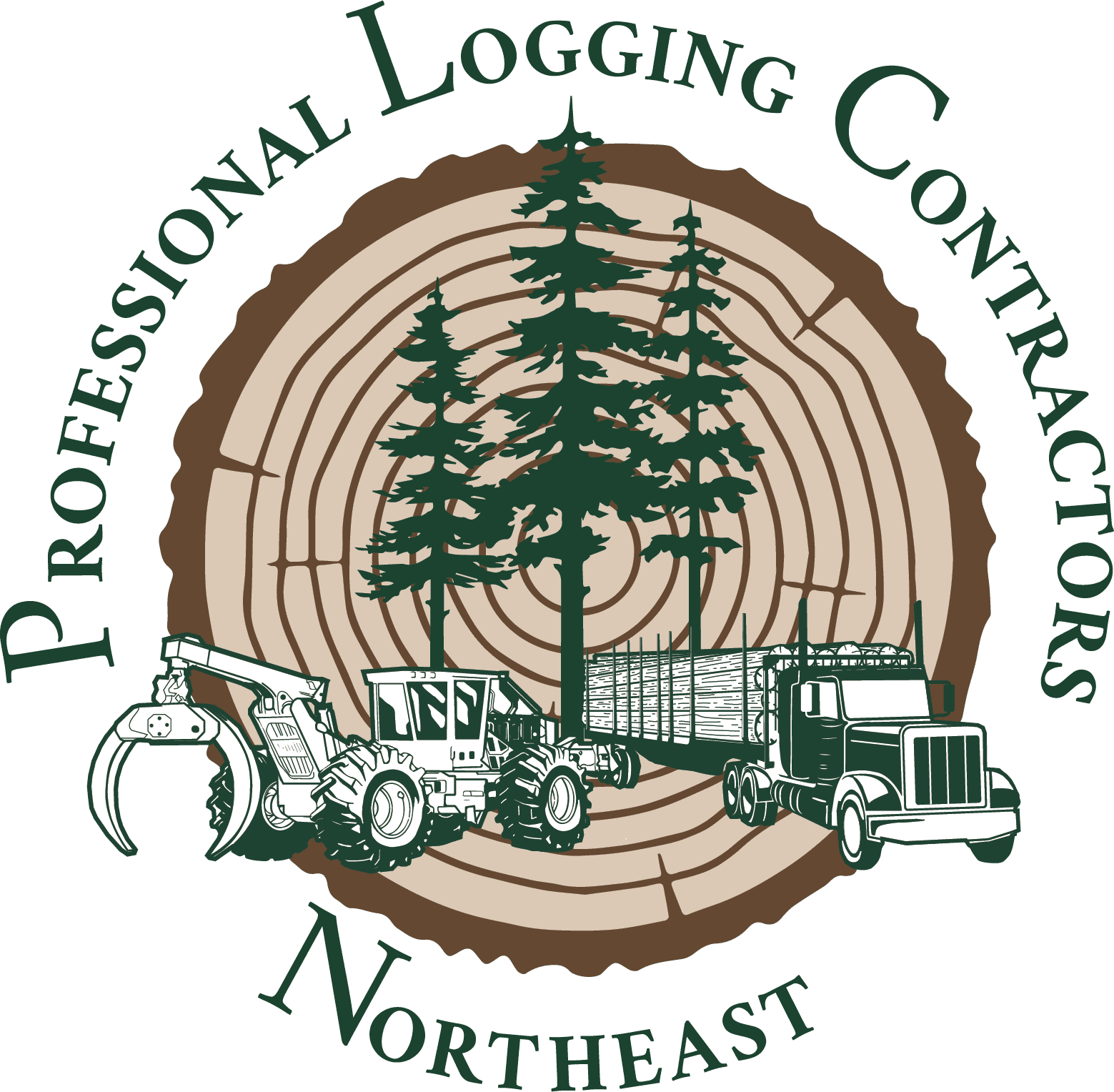by ALC President – Matt Jensen
 As I am writing this month’s article I realize that 2011 is flying by and my term as the American Loggers Council President will soon be over. Following in the footsteps of some really great ALC presidents, I can’t help but ask myself if I and the ALC leadership are serving our nation’s loggers well. In my opinion, being a positive and professional spokesman is a large part of our duties and responsibilities and I definitely feel that all of us, as ALC members, reflect that.
As I am writing this month’s article I realize that 2011 is flying by and my term as the American Loggers Council President will soon be over. Following in the footsteps of some really great ALC presidents, I can’t help but ask myself if I and the ALC leadership are serving our nation’s loggers well. In my opinion, being a positive and professional spokesman is a large part of our duties and responsibilities and I definitely feel that all of us, as ALC members, reflect that.
Currently one of the big issues facing our industry on the federal level stems from the Ninth Circuit Court of Appeals decision that storm water runoff from forest roads into ditches and culverts is considered a “point source” of pollution under the Clean Water Act. With this ruling, loggers and forest land owners would be required to file for National Pollutant Discharge Elimination System [NPDES] permits. With a stroke of a pen, the silvicultural exemptions that this industry has been operating with over the past 30+ years in the Ninth Circuit jurisdiction have been wiped out, and we can expect the impacts of this decision to be felt nation-wide.
Even though most States have adopted Best Management Practices (BMP’s) that protect water quality, and studies show that silvicultural activities account for less than 4% of water impairment issues nationwide, the courts determined that the EPA did not have the authority to allow any exemptions for industrial activities, under which timber harvesting is classified. The companies that were involved in the case are seeking an appeal to the Supreme Court.
From the legislative side of this issue, the American Loggers Council members first began discussing this ruling with our representatives in Washington, DC last March. There are bills being drafted in both the House and the Senate that would amend the Clean Water Act to specifically allow for silvicultural exemptions, including harvesting activities and use of forest roads, and we support them.
At a time when our nation is still worrying about double-digit unemployment and the economies of timber-dependent rural communities are still reeling due to the collapse of the housing market, it is our hope that our representatives in Washington will seek a solution to what can only be considered as another unnecessary regulatory burden on the U.S. economy. Drafting legislation to allow for the continued use of the exemptions for silvicultural practices will save jobs here in the United States, and also help to keep our forested acres forested. Hopefully, by the time you read this article, there will be some movement on this issue.
This is one example of the many issues that cross the desk of ALC staff and its Board of Directors. Many times all of us are reactive to things that affect our logging businesses and jobs and that puts us in a defensive mode, but our goal at the American Loggers Council is to be more proactive on issues and ideas that help to create solutions that will benefit us all. With the input, dedication and professionalism of loggers from throughout the Nation, there is no limit to what we can accomplish for this profession that we call “Logging.”
Many of you may have seen some recent advertising of the ALC’s annual meeting to be held in Minocqua, Wisconsin September 29th, 30th and October 1st, 2011. Hosting the meeting in northern Wisconsin in the fall of the year will be a great time for everyone to see the natural beauty of our lakes and autumn colors, and I would personally like to invite you to attend. There are many events planned along with the Board of Directors meeting and Membership meeting and we woould welcome your participation. You will have the opportunity to meet some of the finest loggers this nation has to offer and sponsors that support loggers and our industry with unmatched dedication. My wife Jody and I are excited and honored to be representing Wisconsin and the American Loggers Council. If you want to know more, or want to register on-line, please visit our web site at www.americanloggers.org. We hope to see you there!
